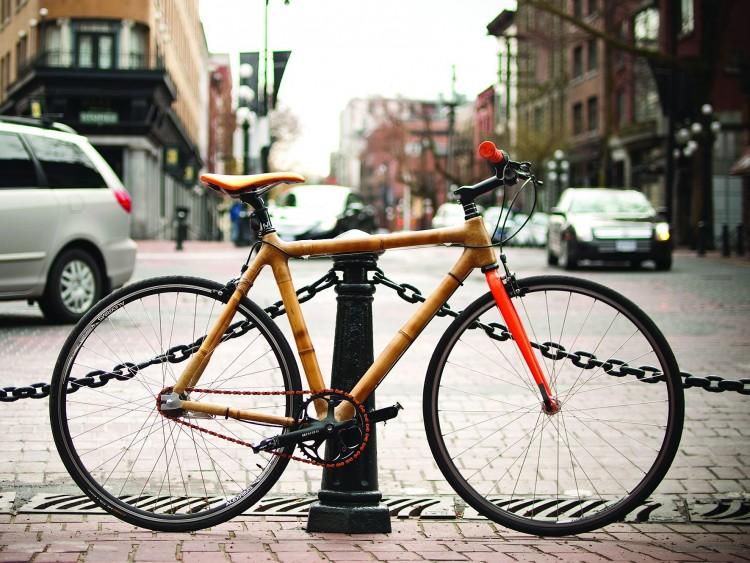A B.C. bicycle manufacturer is joining an emerging new trend by using an unusual material to build bike frames: bamboo.
Al Roback, founder of Vancouver-based bike company Grass Frames, was inspired by the idea of using bamboo while on an exchange in Japan.
“While studying Japanese and the Japanese culture, I started a gardening co-op and a bicycle co-op and messed around making some furniture out of the local bamboo,” he says.
“I was quite impressed by bamboo’s strength and aesthetic.”
The idea stuck with him. When he returned home to Vancouver Roback convinced long-time friends James Moore and Joshua Armstrong to help him develop his vision, and Grass Frames was born.
“We’ve had a lot of interest,” he says. “Our main focus at this point has been getting [the bikes] into stores. So we’re in some very heated talks with local stores.”
The hand-crafted bikes consist of bamboo frames attached to the standard handlebars, seat, pedals, tires, and gears.
Bamboo bikes are not only lightweight (1.7–2.2 kilos) and long-lasting, says Roback, they are also eco-friendly due to natural materials and organic production processes.






